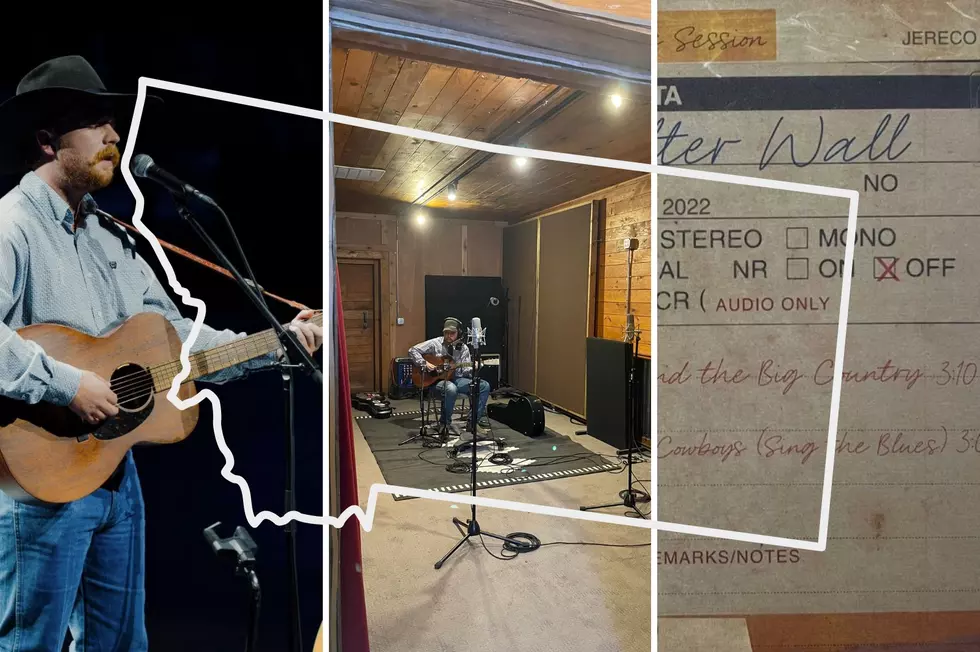
MSU Appoints Emergency Operations Professional Amid COVID-19
Montana State University has appointed a physician and emergency operations professional to lead in the next phase of response to the COVID-19 pandemic.
According to MSU, Dr. Kathy Jutila, director of MSU's Division of Health Services, will serve as the campus coordinator for COVID-19 testing and contract tracing focused on students. Hayley Gerow, who currently serves as Montana State University's director of emergency management, will work with Dr. Jutila as deputy campus coordinator.
Complementing symptomatic testing is contact tracing, whereby close contacts of those testing positive are identified and then told to self-quarantine. A close contact is defined as anyone who spent 15 continuous minutes within 6 feet of an infected person.
Last Friday, Montana Governor Steve Bullock announced that the campuses of the Montana University System will receive up to $20 million to assist in their efforts to slow the spread of the virus. MSU will receive roughly $6.5 million from the package.
Dr. Jutila and Hayley Gerow are the right people for this task. They understand we need to move rapidly, and they have the experience and credibility on campus to make that happen.
said MSU President Waded Cruzado, who made the appointments.
MSU will be hiring three to five staff members dedicated to contact tracing. Those staff will be trained by the Gallatin City-County Health Department and remain in close coordination with the department using its software and reporting protocols.
Dr. Jutila has served as the director of MSU’s Division of Health Sciences since 2015. She also mentors physicians in training through the WWAMI Medical Education Program, which serves the states of Washington, Wyoming, Alaska, Montana and Idaho. Her medical expertise is in internal medicine and cardiovascular disease.
Gerow has been MSU’s director of emergency management since 2017. Previously she served for six years as an emergency manager in the U.S. Air Force, specializing in natural and human-made disasters. She has a bachelor’s degree in emergency administration and planning.
I can’t stress enough how important it will be for students to cooperate with our contact tracing efforts. We’re all in this together. To slow the spread of the virus we need to be able to reach close contacts and have them self-quarantine. It’s a critical part to the success of public health, not just for MSU but for the county, state and nation.
Jutila said.
Here are some tips for self-care during the pandemic:
More From My 103.5 FM









